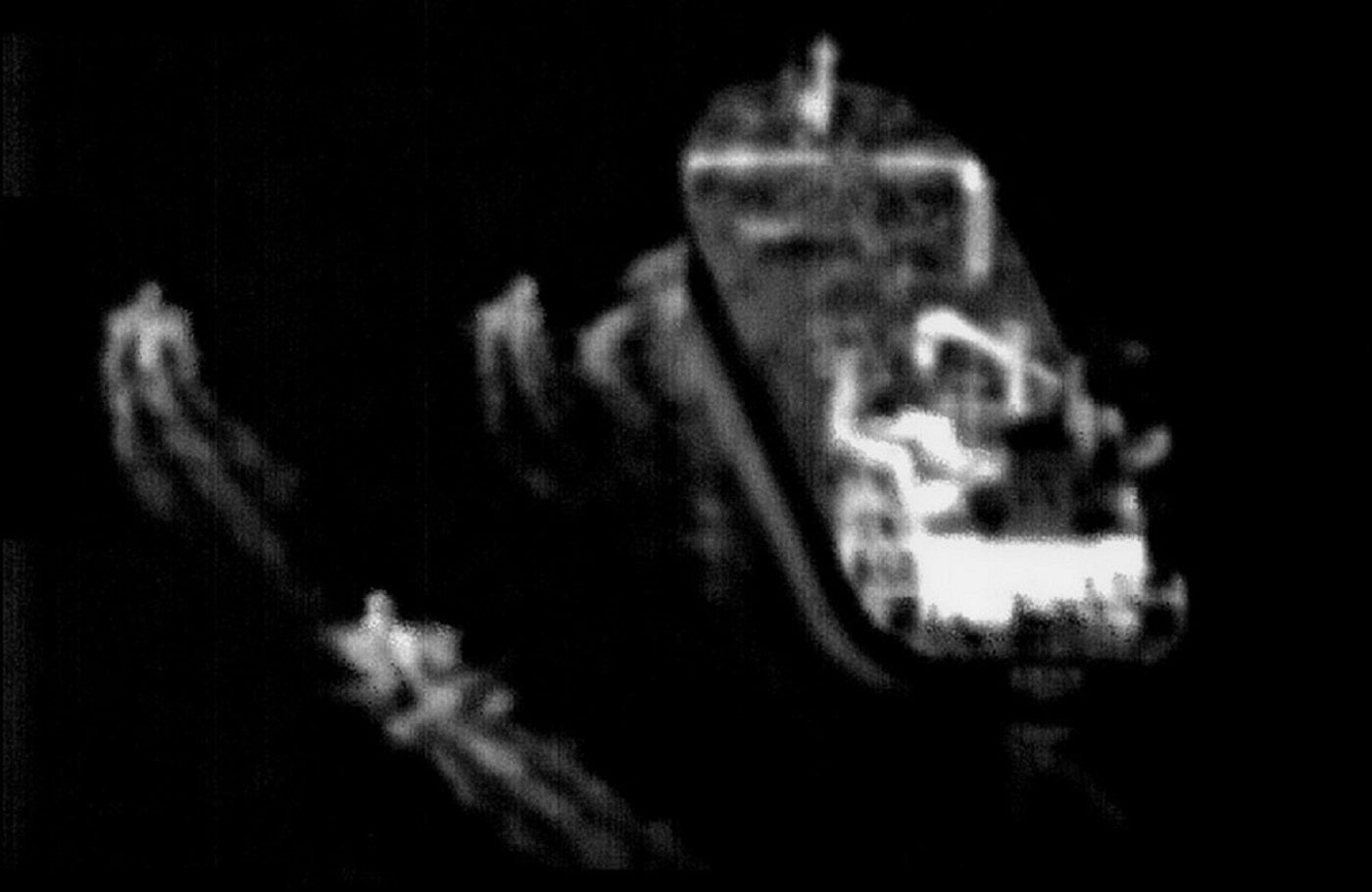
US Navy and UK Royal Navy ships responded to a distress call from a merchant vessel transiting the Strait of Hormuz on 4 June 2023.
The civilian crew reported that three Iranian fast-attack boats with armed personnel pursued the commercial ship at a close distance. The fast-attack craft were assessed to be from the Iranian Islamic Revolutionary Guard Corps Navy (IIRGC).
The internationally flagged merchant vessel made a radio distress call at 4:56 pm local time while passing through the narrow strait.
US Navy guided-missile destroyer USS McFaul (DDG 74) and UK Royal Navy frigate HMS Lancaster (F 229) both received the distress call.
Lancaster launched a helicopter to provide surveillance while the US 5th Fleet directed a P-8A Poseidon maritime patrol aircraft to monitor the scene.
The situation de-escalated approximately an hour later when the merchant vessel confirmed the fast-attack craft departed the scene. The merchant ship continued transiting the Strait of Hormuz without any further trouble.
Situated at the entrance to the Gulf, the Strait of Hormuz is a narrow choke point through which a significant proportion of the world’s oil and gas passes each day.
According to the Texas-based think tank, the Strauss Center for Interntaional Security and Law, the Strait is among the world’s most important oil chokepoints. Oil tankers carry approximately 17 million barrels of oil each day through the Strait, or 20 to 30 percent of the world’s total consumption.
Countries such as Qatar and the United Arab Emirates heavily dependent on the route.
The route narrows so that the territorial waters of Oman and Iran meet, with recognised transit corridors maintaining the flow of traffic.
Iranian seizures
The incident is the latest in a series of attempts by the IIRGC to seize commercial ships in the Gulf region.
This “harassment” follows the US Navy 5th fleet’s pledge to increase patrols in the Strait of Hormuz to ensure the free flow of commercial ships in the region.
Before this announcement, the IIRGC unlawfully seized two oil tankers in the region between late April and early May.
After the second tanker seizure the US Naval Forces Central Command told Naval Technology that “Iran’s continued harassment of vessels and interference with navigational rights in regional waters are unwarranted, irresponsible and a present threat to maritime security and the global economy.”



